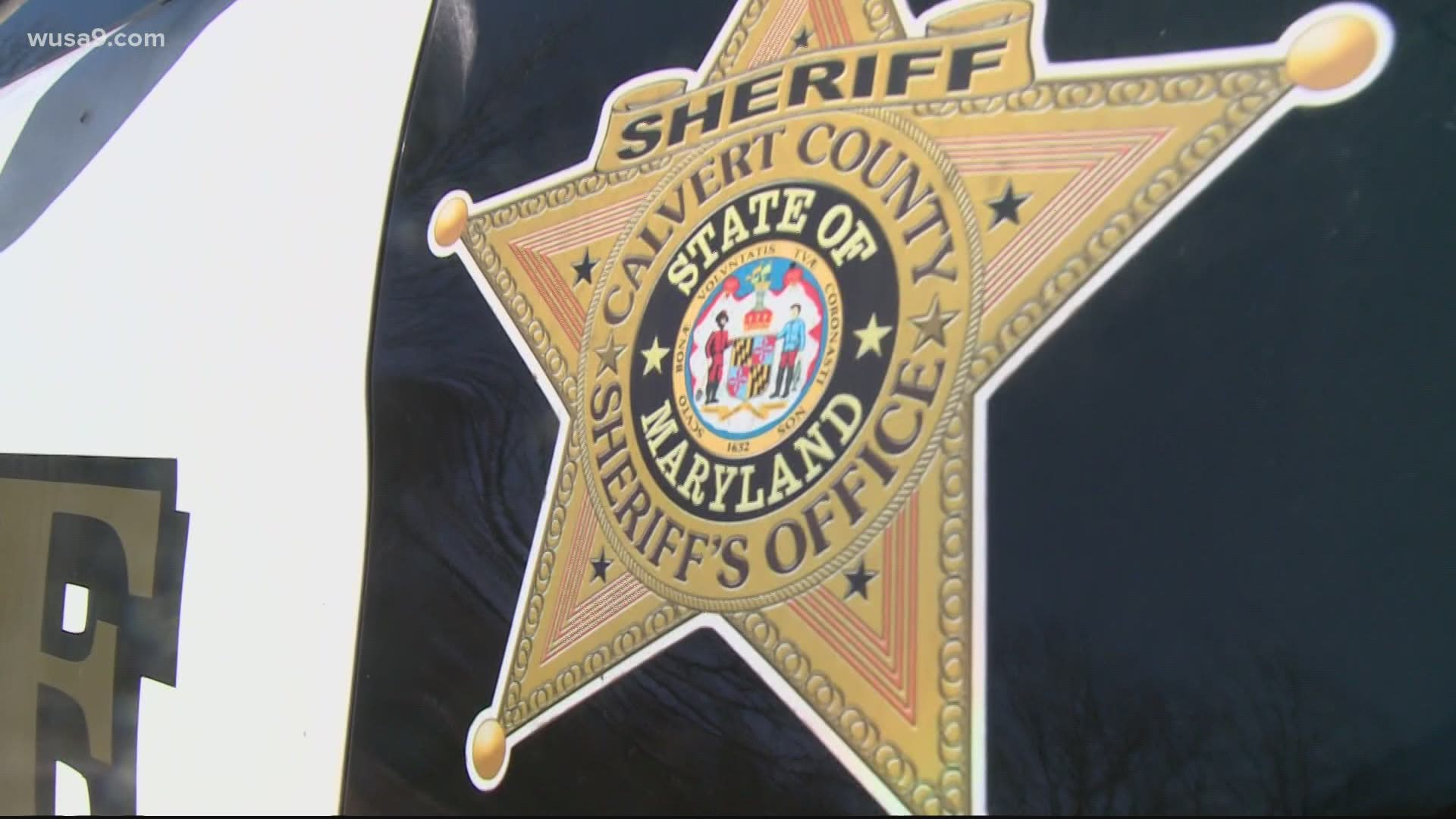CALVERT COUNTY, Md. — Deputies with the Calvert County Sheriff’s Office have developed a new way in which they respond to behavioral health calls, by having a Calvert Crisis Response team onsite to assist with crisis intervention and connect individuals with a team of trained professionals.
The mobile crisis team, MCT, operates out of a van that has three professionals responding to scenes; a medical provider, therapist, and peer recovery specialist. It’s a program separate from the sheriff’s office that operates on a 24/7/365 basis.
“When law enforcement is contacted, the mobile crisis unit is also contacted if it’s a mental health-oriented situation," Assistant Sheriff Lt. Colonel Dave McDowell said. "They know through the joint training that we do that if they arrive first they are not to go anywhere near where the situation is occurring because we don't know if it's safe or not. So when law enforcement arrives we make sure the scene is secure, and then we have them come in."
McDowell said calls for service to assist people in a mental health crisis have increased exponentially in the last five years. He also said the department is working to ensure all of its deputies have crisis intervention training, noting half of the primary responders have been trained and are working on the second half now.
“It’s better to move someone with words than it is with force, and if we have someone there trained professionally who can deescalate that situation, then that's a win for everybody,” McDowell said.
The mobile crisis team was born out of the opioid epidemic and the program’s supervisor said they have since been looking for ways to expand.
“We were looking for funding and eventually were able to secure funding to purchase this van, develop a team, and be able to go out in the community as well to actually respond on scene to see those individuals,” Denise Dickerson, the clinical supervisor of criminal justice and crisis programs with Calvert County Behavioral Health, said.
Dickerson said they had been successfully responding to behavioral health calls alongside deputies for the last month and have collaborated on a variety of scenes from domestic disputes to disorderly calls.
“Connecting somebody to just follow up care, case management, telling them somebody cares, giving them hope, there's so many different things out there and so many different opportunities and a lot of times when people are in crisis they feel isolated and they feel alone,” Dickerson said. “I think that we give them the opportunity to know that there are people out there that care and there's a lot of resources that are available to them.”

